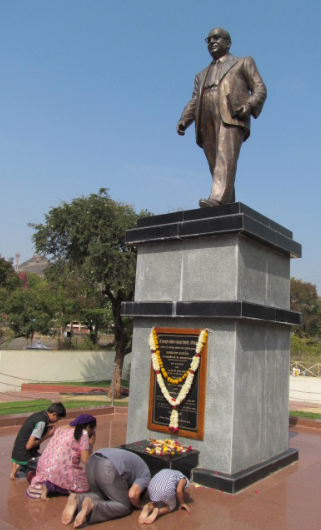Article 38(2) states “The State shall, in particular, strive to minimize the inequalities in income, and endeavor to eliminate inequalities in status, facilities, and opportunities, not only amongst individuals but also amongst groups of people residing in different areas or engaged in different vocations”.
This was kept in mind by the planners in formulating each of the plans. Ensuring social justice has gone hand in hand with economic planning.
Along with measures for development, it is also important to give equal opportunities to all with regard to education and employment.
The establishment of a socialistic pattern of society ensured that there will be no concentration of wealth in the hands of a few so that exploitation and oppression could be ended.
Historically, the Indian society has fostered exploitation and suppression of one section by another.
It was a challenge to the constitution-makers to tackle all these traditional forces and social evils so that social and economic justice could be realized.
The justiciable rights under Part III of the constitution dealing with Fundamental rights enable the citizens to get protection for all the rights required to live a complete life.
The non-justiciable rights under Part IV on Directive Principles of State Policy ensure that the system functions in such a way that the inequalities of income among people are reduced and egalitarian society is established.

